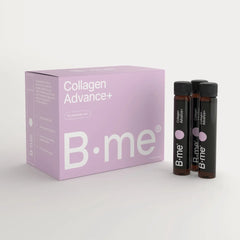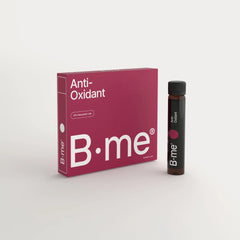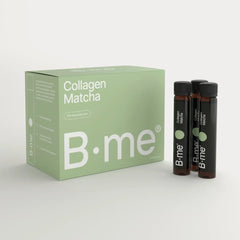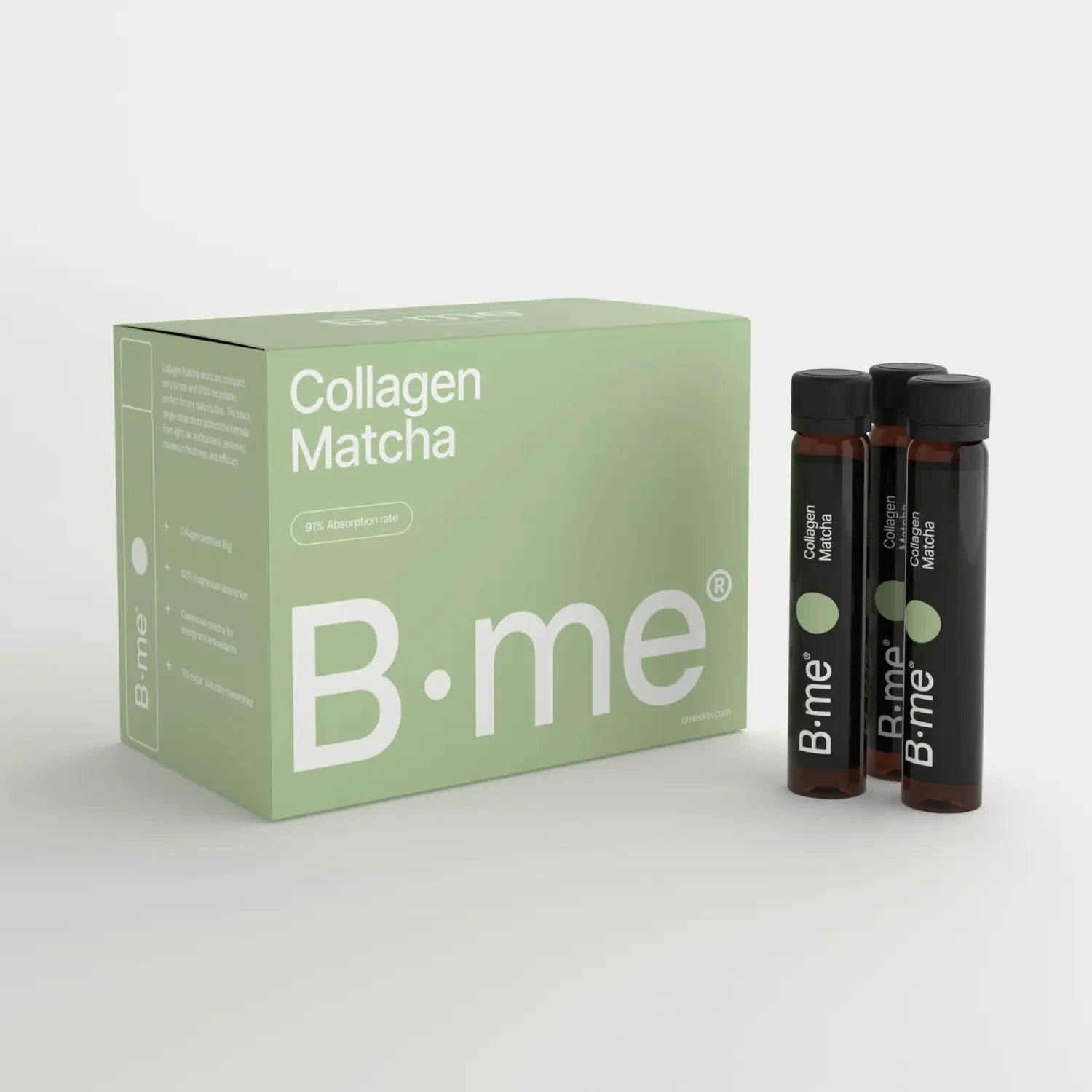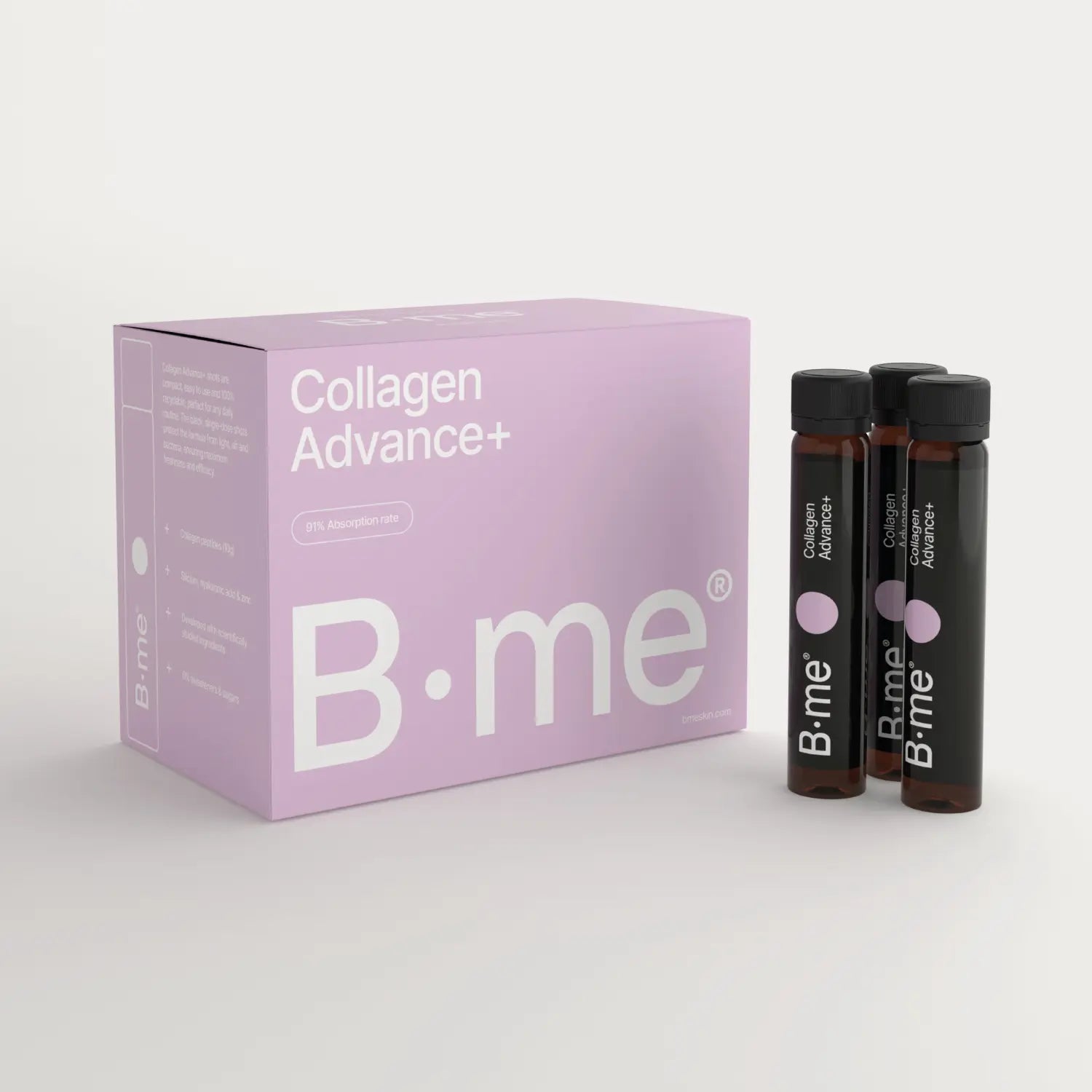
Vitamin C: collagen formation and cell protection
Vitamin C is an essential nutrient that contributes to normal collagen formation and helps protect cells from oxidative stress. Because the body does not produce vitamin C itself, it is essential to get enough through food or supplements.
All about vitamin C
What is Vitamin C?
expand_more
Vitamin C is a water-soluble vitamin that contributes to the normal functioning of the immune system. In addition, it helps protect cells from oxidative stress and supports the absorption of iron from food.
How does vitamin C help with collagen production?
expand_more
Vitamin C plays an essential role in the formation of collagen. It contributes to collagen production and also helps protect collagen from breakdown. This is important for supporting firm and elastic skin.
Why is vitamin C important for the skin?
expand_more
Vitamin C supports the skin by contributing to collagen formation, which is essential for healthy and resilient skin. It also helps protect skin cells from the damaging effects of free radicals.
Which foods contain vitamin C and are supplements necessary?
expand_more
The body cannot produce vitamin C itself and is completely dependent on food to get enough. Vitamin C occurs naturally in foods such as bell peppers, peppers, papaya, guava, kiwi, citrus fruits (such as lemon and orange), broccoli, cabbage, spinach and strawberries. A varied diet with sufficient vegetables and fruit usually provides for the daily requirement. If you do not get enough vitamin C from food or have an increased need, a supplement can be a useful addition.
Our products with vitamin c
Glow & Energy
Anti-aging

Why Vitamin C is Important for Your Skin and Body
Vitamin C contributes to collagen formation and supports the protection of skin cells against external influences. It also helps with the absorption of iron and supports the immune system. Because the body cannot produce vitamin C itself, a balanced diet or a supplement is a good way to get enough.
